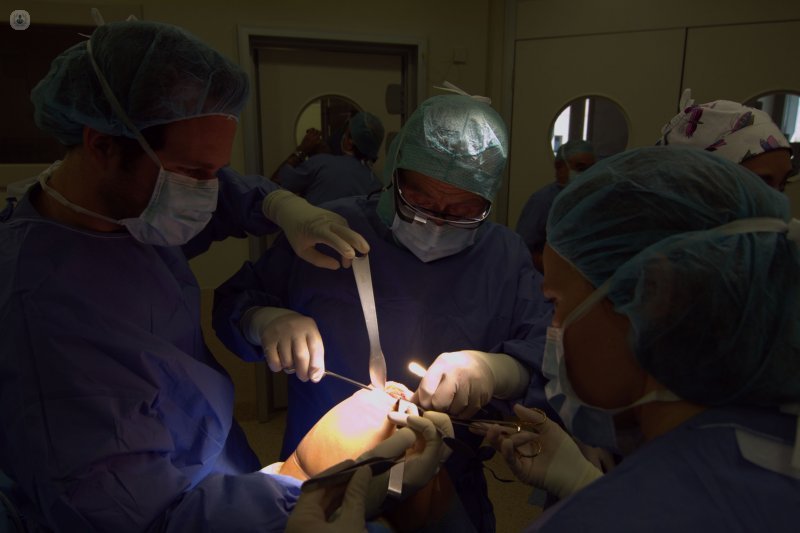Hypocalcemia: The potential consequence of thyroidectomy
Written by:Hypocalcemia is decreased calcium concentration in the blood. There is a relationship between thyroid surgery, known as thyroidectomy, and a likely decline in the concentration of calcium in the blood.
 Next to the thyroid gland and sometimes glued to it, there are four tiny glands, the size of a lentil, which have the function of keeping the concentration of calcium in the blood at its normal level.
Next to the thyroid gland and sometimes glued to it, there are four tiny glands, the size of a lentil, which have the function of keeping the concentration of calcium in the blood at its normal level.
These glands have nothing to do with the normal functions of the thyroid gland, but, through the secretion of a hormone called parathyroid hormone, facilitate the absorption of calcium from the intestine and avoid being lost in the urine.
Generally, in this operation of general surgery of thyroid gland removal media (thyroidectomy) because there are no complications, even if the surgeon accidentally damages the two parathyroid glands on the side where it is operating, the other two can fulfill its mission alone.
Problems arise when dealing with an operation that involves both sides of the thyroid (total thyroidectomy): small glands may then run the risk of being extirpated or injured. As a consequence, it produces a sudden drop in the production of parathyroid hormone and an immediately occurs a decrease in blood calcium.
The appliance must be, to all patients who undergo total thyroidectomy operation, specific tests to control the level of calcium and vitamin D in the blood, in order to have to start treatment as soon as possible.
Symptoms of hypocalcemia
- Tingling in the feet, hands and mouth
- Muscle spasms
- Feeling tired
Generally, postoperative hypocalcemia is usually temporary. Although there are patients who are permanently affected and should take calcium throughout life.



